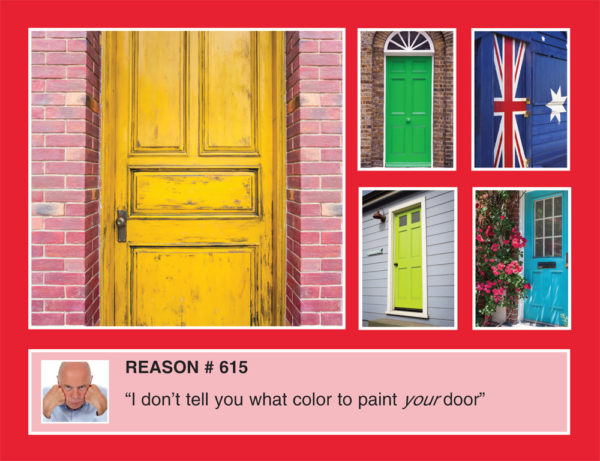
HOA Use Restrictions: What’s the Difference?
Why do we have use restrictions? And how are they different from other HOA rules?
When you purchased a home in an Arizona HOA community, you agreed to certain rules and use restrictions. Now comes the confusing part – what’s a rule versus a use restriction? Why do we have them? And how are they substantiated?
It’s a lot..we know….this should clear it up:
- HOA Rules apply to the common areas. Areas like the pool, clubhouse, or playground. The HOA Board has implied authority to enforce the HOA rules.
- An HOA Use Restriction apply to such things like exterior painting, construction additions, or changing the landscape around your home. These modifications usually require written pre-approval from your HOA. Basically, anything outside the common areas.
- Here’s where it’s tricky: Use restrictions must appear in your covenants (or commonly referred to as CC&R’s). The HOA Board can define and clarify a restriction without a vote process. However, an actual change to a use restriction requires a vote of the homeowners (unlike an HOA rule). For example, your board can define want a noise nuisance is, i.e. continuously barking dog, without a vote from homeowners. But to remove or change the restriction a vote has to occur.
- What are the penalties for not following a use restriction? Penalties can range anywhere from a warning letter to fines or suspension of membership rights. Most covenants have an appeal process for disputing the violation. Check your CC & R’s for clarification on your HOA’s process.
- Why do we have use restrictions? The purpose of these restrictions is only a benefit to the homeowners. The restrictions maintain the quality of life that make the community association a better place to live and also help preserve property values in Arizona.
